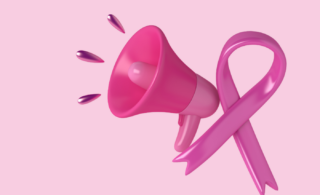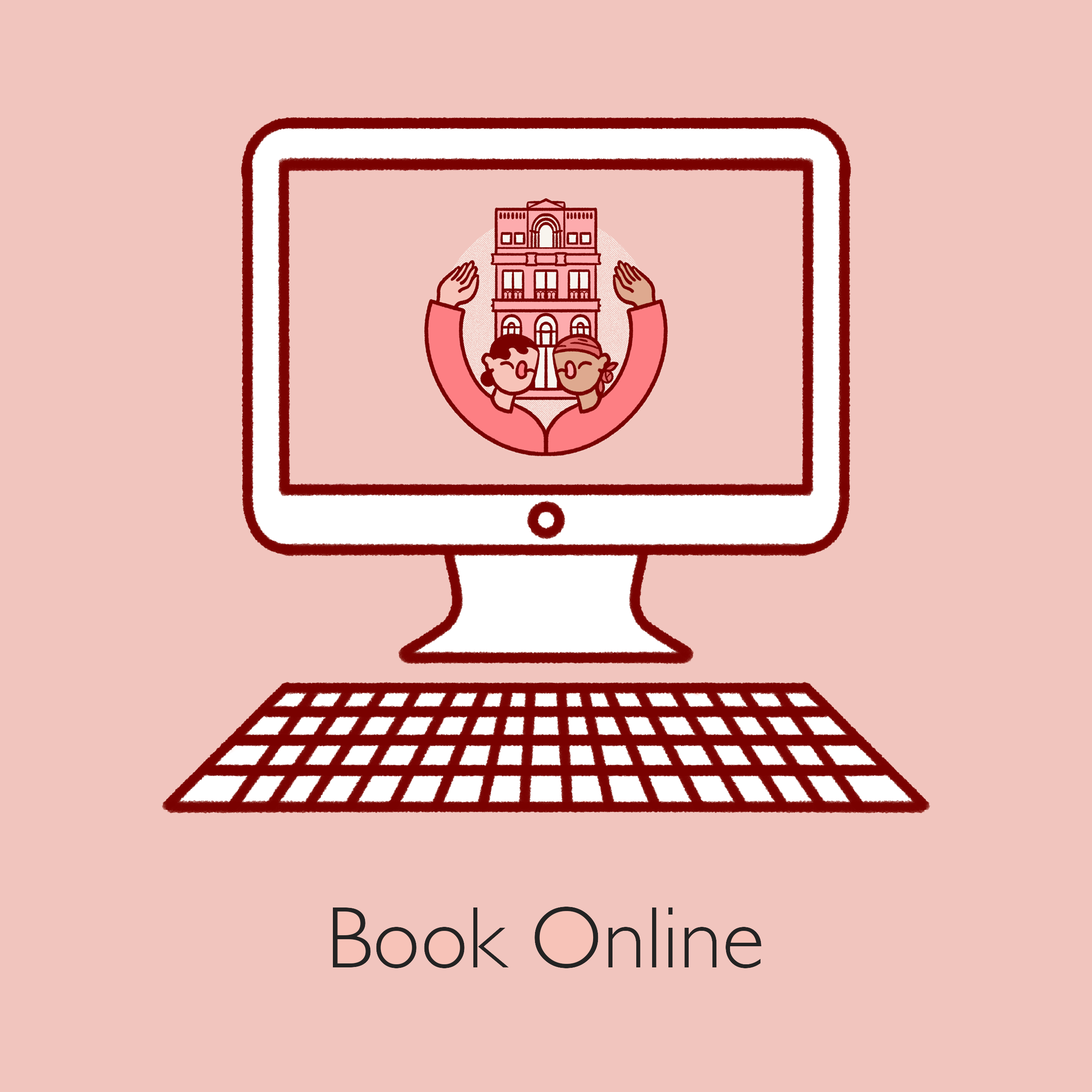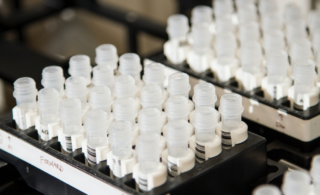
What would you say to the person you were before you were diagnosed with breast cancer? This article explores some of the things that the author would tell her pre-cancer-self, and advice for breast cancer patients with a brand new or recent diagnosis.
By Amanda
Two years ago today I was diagnosed with breast cancer. If I could go back in time and tell myself a few (ok, a list of 25) things, this is what I’d say.
- If someone had told you two years and one day ago to list your greatest fears cancer, as for most people, would have ranked pretty high. It is, as you suspected, terrifying and generally ghastly, but like a lot of things in life it is also tedious, surprisingly mundane and involves a lot of things needing to be organised.
- You will get really good at waiting. Waiting for appointments, waiting for scans, waiting for tests, waiting for meetings to discuss scans and tests.
- There is a fine line between (a) reading and researching in order to be well informed and able to advocate for yourself and (b) going down a Google rabbit hole of despair. Try and stay on the right side of that line (it isn’t easy).
- People will surprise you. Some will step up with love, support and will shoulder a burden beyond anything asked of them. Others will melt away with, if you are lucky, embarrassed apologies (‘sorry for being so rubbish….’). You will find this awkward and hurtful. Muster as much grace and generosity as you can but also feel free to turn down anyone who disappeared for the eighteen months you were ill but got back in touch once you were well enough for cocktails. This is not friendship.
- Don’t assume you know what you will find difficult. The most obvious things are not necessarily the hardest.
- Social media is a gift that needs to be used wisely. It will allow you to connect with others in a similar situation and this will give you information, courage and hope. But don’t get too emotionally involved in, or scared by, the lives of people who are, essentially, strangers. They are not you. You need to be uncharacteristically ruthless. Use what is useful and dismiss the rest.
- Don’t roll your eyes; chemo brain is totally a thing.
- The process of losing your hair will be worse than having no hair.
- There is no need to be so embarrassed about crying in front of people.
- Cancer will help you find a voice because, well, you’ll generally give less of a shit.
- You will lie awake one night in hospital and wonder if you’ll always be this fragile and vulnerable. The answer is no.
- Believe all those who told you your surgery would be manageable. They were right.
- Your anxieties around cancer won’t dissolve. They will evolve.
- The emotional and mental impact of a cancer diagnosis is just as hard as the physical toll. There is an army of nurses, pharmacists, physios, acupuncturists to help with all your aches and pains. But not one person in your medical team will offer help for what might be going on in your head. Two years later you’ll still find this interesting and baffling in equal measure.
- No one tells you that your body will never be the same again. I’m not talking about the big, obvious stuff, but all the little ways that things are now a bit different. You will wonder whether this is because they simply don’t know, or whether it’s just not worthy of comment.
- Some doctors are bad at communicating – it’s not you, it’s them.
- You will still sweat the small stuff. A pigeon will crap on your balcony, you’ll miss a bus, parcels won’t get delivered on time and it will all be just as annoying as it ever was. A cancer diagnosis is not the gateway to a zen, tranquil existence.
- No-one really has a complete set of answers. In what you suspect is a bit of a tired cliché, you’ll read all the usual books to try and get your head around What. It. All. Means. You’ll be no closer to an answer but are curious as why so few people think ‘The Year of Magical Thinking’ is actually a strange piece of writing.
- Be patient with those around you who mean well but say or do the wrong thing. You’ll come to understand that cancer is fundamentally lonely. Take solace in those who have had a similar experience. They come closest to getting it.
- Anyone who ever said that the time after your treatment ends can be just as hard as the treatment itself, is correct.
- You like to think of yourself as a logical and rational person but will find that when it comes to cancer you’re strangely superstitious. You cannot come up with an answer to the question: ‘how are you doing?’ that doesn’t feel like tempting fate. You don’t even believe in tempting fate.
- Two years on you still won’t know how to talk about cancer to anyone new you meet. Do you bring it up? When? The tone and timing will never seem quite right. You’ll get used to people looking at their shoes. Or doing what one of your friends calls the ‘sad cancer head tilt’.
- You will realise that even in the midst of something as awful as a cancer diagnosis, others going through something similar are often not as lucky as you. Be grateful for your job security – for the fact that you are privileged enough to take as much time off work as you need. For (despite the odd grumble) having outstanding medical care. For the love and support of those around you. For the women who enrolled in clinical trials so you could benefit from their courage. For anyone who took the time to share their experience so yours would be a little easier.
- Cancer is not the most interesting thing about you.
- Always look over your shoulder ready to extend a hand to anyone coming down the road behind you.
To return to the homepage of our Information Hub, click here where you can access more helpful information, practical advice, personal stories and more.
You can also find community on the Future Dreams Instagram page.

Future Dreams hold a range of support groups, classes, workshops and events to help you and your carers during your breast cancer diagnosis. These are held both online and in person at the London-based Future Dreams House. To see what’s on offer and to book your place, see here.
July 2019 (Reviewed December 2023)
This article was written by a guest author based on their own experience of breast cancer and its treatment. It is important to note that this is one person’s experience and that whilst there may be commonalities between the experiences of different people, everyone has a different diagnosis/treatment plan/general experience. The information and content provided in all guest articles is intended for information and educational purposes only and is not intended to substitute for professional medical advice. It is important that all personalised care decisions should be made by your medical team. Please contact your medical team for advice on anything covered in this article and/or in relation to your personal situation. Please note that unless otherwise stated, Future Dreams has no affiliation to the guest author of this article and he/she/they have not been paid to write this article. There may be alternative options/products/information available which we encourage you to research when making decisions about treatment and support.
Share

Support awareness research
Donate to those touched by BREAST cancer
Sylvie and Danielle began Future Dreams with just £100 in 2008. They believed nobody should face breast cancer alone. Their legacy lives on in Future Dreams House. We couldn’t continue to fund support services for those touched by breast cancer, raise awareness of breast cancer and promote early diagnosis and advance research into secondary breast cancer without your help. Please consider partnering with us or making a donation.



